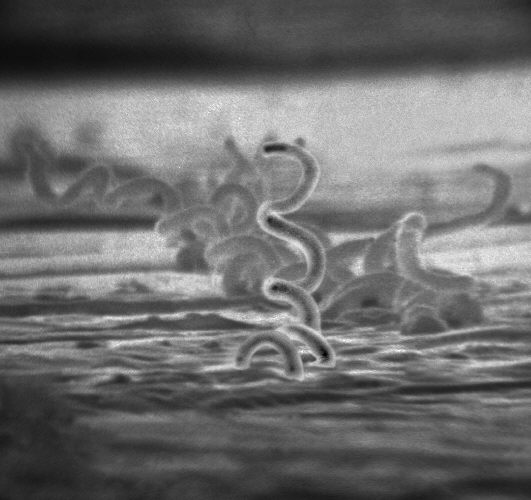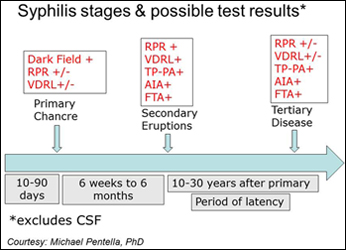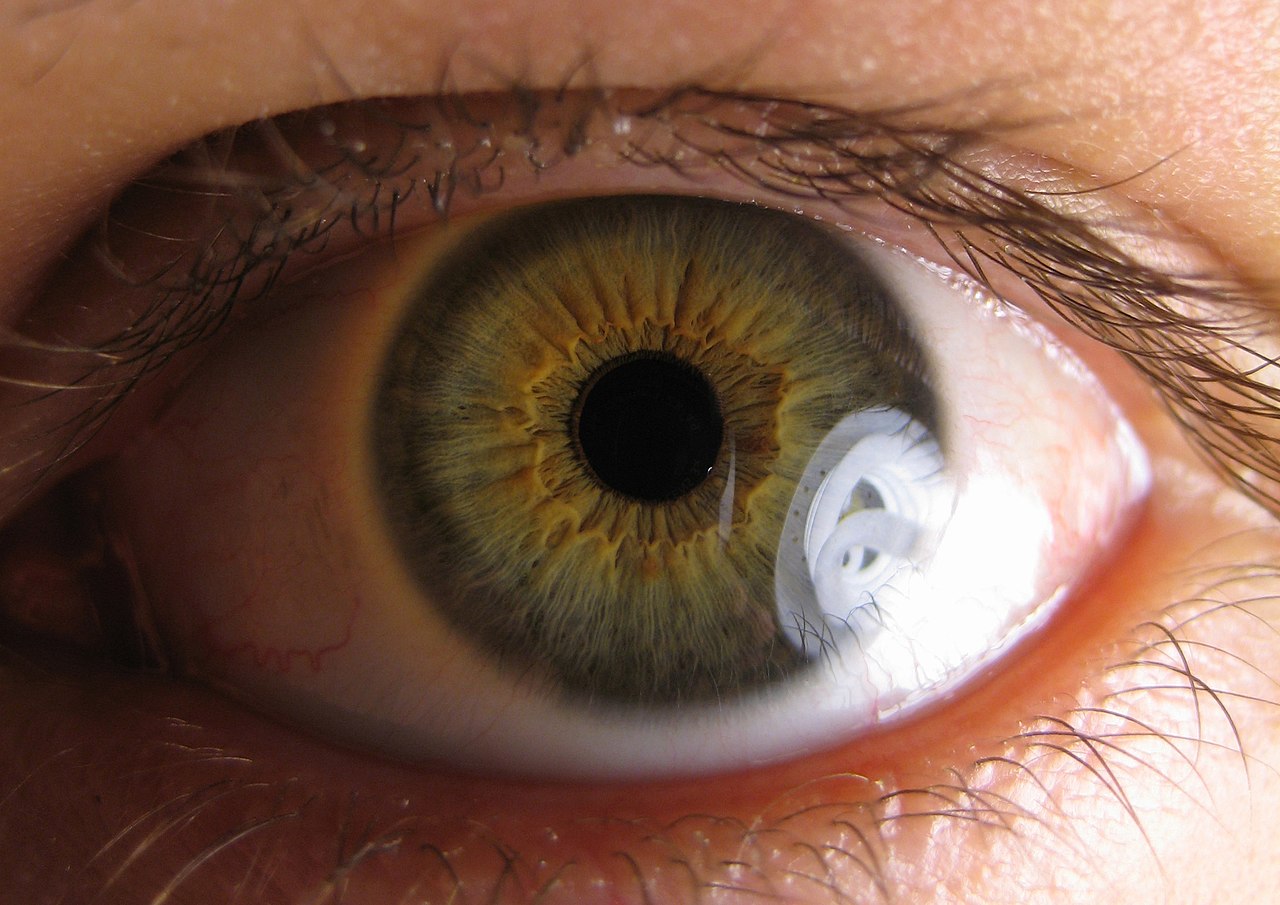Everything You Need to Know About the Syphilis Test
Syphilis is a common type of sexually transmitted disease (STD) caused by the bacterium Treponema palladium. If it’s left untreated, it can cause severe long-term health consequences and problems. It can be challenging to diagnose this condition. For that reason, it’s highly recommended to undergo a syphilis test to validate whether or not you have the infection specially if you are experiencing any early symptoms.
If you think that you have this infection, you should visit your doctor ASAP or order an STD test. Your physician will take your blood or urine as a sample for a syphilis test. If you have a sore, your doctor will take a sample from it.
On the other hand, if your doctor believes that you have a nervous system problem because of tertiary syphilis, then you may need to undergo a lumbar puncture to collect spinal fluid, which is used as a sample to test for bacteria.
Screening Tests for Syphilis
There are two screening tests for this infection. One is the VDRL (venereal disease research laboratory) test, which requires blood or spinal fluid as a sample to look for an antibody that’s produced by patients with syphilis.
Because the antibody isn’t produced specifically as a result of syphilis, this test may lead to false positive reaction.
Another screening test for this infection is RPR (rapid plasma reagin). Just like VDRL, this test also looks for syphilis antibodies.
The Bacteria Treponema Palladium Up Close

“Meningeal syphilis (as known as syphilitic aseptic meningitis or meningeal neurosyphilis) is a chronic form of syphilis infection that affects the central nervous system. Treponema pallidum, which is a spirochate bacterium, is the main cause of syphilis, which spreads drastically throughout the body and can infect all the systems of the body if not treated appropriately. The bacterium is the main cause of the onset of meningeal syphilis and other treponemal diseases, and it consists of a cytoplasmic and outer membrane that can cause a diverse array of diseases in the central nervous system and brain.”
Confirmatory Tests
When your sample is tested positive on VDRL or RPR test, your doctor will request another blood test to check for syphilis antibodies through an EIA (enzyme immunoassay) test.
FTA-ABS (Fluorescent treponema antibody absorption) test is another confirmatory examination for syphilis. It also checks for antibodies. This test is only used to find the infection after the fourth week of exposure. It requires blood or spinal fluid as a sample.
If your syphilis is in an early stage, your doctor may request a dark field microscopy test to look for the bacteria that cause this infection.
The MHA-TP (micro hemagglutination assay) test is used to confirm a syphilis infection after you tested positive to other syphilis tests, like VDRL or RPR.
Confidential Testing for Syphilis
Because of how this virus is transmitted, some patients are embarrassed to go to a screening clinic to undergo a syphilis test. But getting a STD test panel would help you to get early syphilis treatment to avoid things to get worse.
If you live in the Fresno, Bakersfield, Clovis, Delano, or Visalia area, there are STD testing clinics that offer private, confidential and secure syphilis test. These clinics also provide low-cost STD tests for gonorrhea, chlamydia, HIV, hepatitis B, and hepatitis C.
Get Tested for Syphilis today.
Test Diagrams



A symptom of Neurosyphilis called Argyll Robertson Pupil. Notice the spirals.
